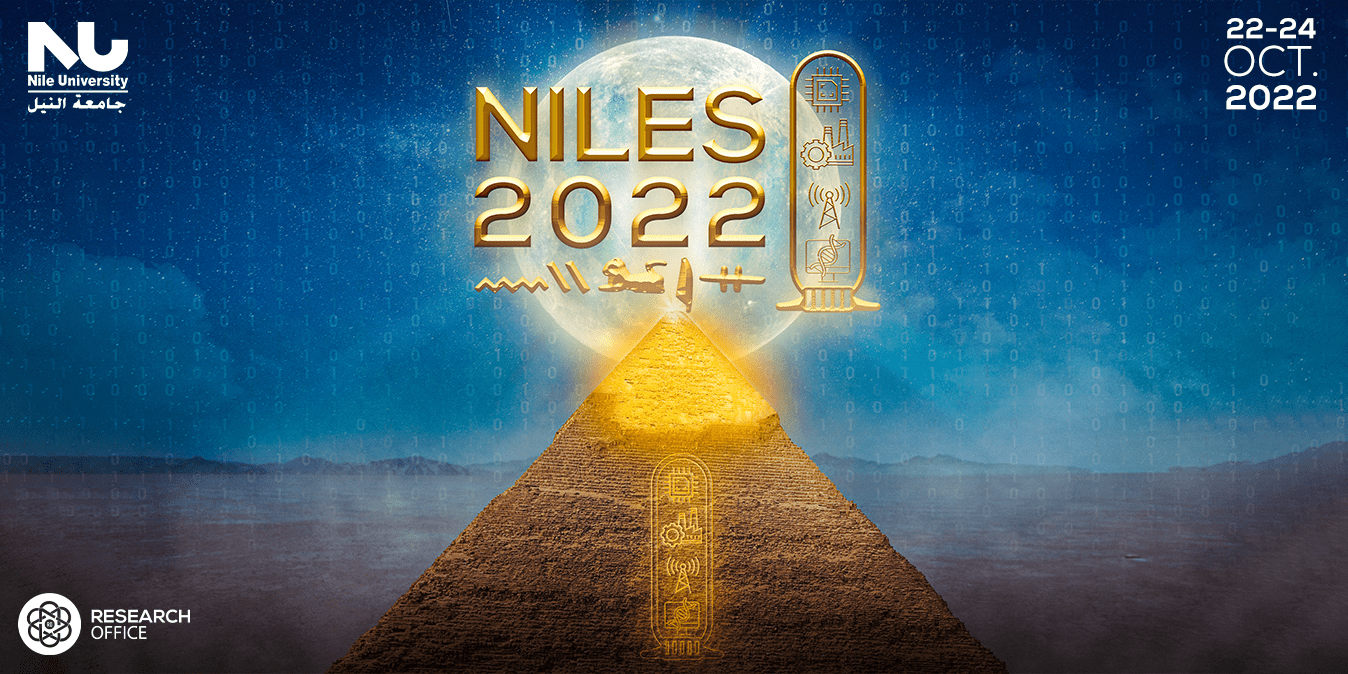

Papers
Countries
Different Topics



| # | Date | Description |
|---|---|---|
| 1 | 25-Jul , 2022 | Special Session Proposal Deadline |
| 2 | 1-Aug, 2022 | Paper Submission Deadline |
| 3 | 17-Aug , 2022 | Special Session Paper Submission Deadline |
| 4 | 1-Sep, 2022 | Author Notification |
| 5 | 15-Sep , 2022 | Camera-Ready Version |
Novel Intelligent and Leading Emerging Sciences (NILES) is an annual international conference that is hosted and organized by Nile University, Egypt. All previous runs for NILES (2019, 2020 & 2021) were IEEE sponsored and Scopus indexed. The conference aims primarily at bringing together Researchers, Engineers, Academics, and Professionals from Industry to share their innovative ideas, present their recent research work, and explore future trends in various areas of Engineering and Technology.
The 4th Novel Intelligent and Leading Emerging Sciences International Conference (NILES2022) will feature plenary speeches, panel sessions, poster sessions, and invited/special sessions. NILES2022 offers four main tracks, with the list of technical areas in each track given below. Other research areas, that fall within the four tracks, are also welcomed. Proposals for workshops or/and special sessions on new topics or innovative applications are also invited.
NILES2022 Technical Committee invites authors to submit 4-page papers (IEEE double-column format with references, figures and tables showing the originality, significance and applications, and the used techniques in the research). For reviewing, the full paper should be submitted anonymously (without Authors’ names, and without page numbers) in PDF format through the EasyChair. Please refer below for important Deadlines.
The original unpublished Technical Papers, Articles, and Working Papers having a maximum length of 4 pages on the topics related to the theme of the conference are invited for submission. NILES2022 aims for the highest quality, The degree to which the paper deals with the following issues is fundamental to a successful review and selection of the paper. The most frequent cause of rejections of submitted papers is a lack of new results. Duplicated submissions to concurrent conferences must be avoided. NILES2022 accepted papers will be submitted for inclusion on the IEEE Xplore.
“IEEE reserves the right to exclude a submission from distribution after the conference, including exclusion from IEEE Xplore if the submission does not meet IEEE standards for scope and or quality.”
Note that during initial submission, all author(s) info, affiliation(s), and acknowledgments must be removed for blind refereeing. This information is restored in the final accepted version.
NILES2022 takes plagiarism very seriously and regard plagiarism as professional misconduct. Papers will be screened for plagiarism and when identified the paper will be rejected.
NILES2020 promotes the organization of special sessions. These sessions
should facilitate focused discussions on emerging and innovative topics
within the general vision of the conference. To this end, a special session
can target a specific related theme or present distinguished research
carried out in well-established projects.
Each organized session should have a minimum of 5 papers that will be
subjected to a special review cycle. The NILES2022 Special Sessions chairs,
in coordination with the session organizers, will be responsible for
soliciting and accepting papers for the session.
The maximum number of organizers per session is 2 and they will act as
session chair and co-chair (if any) and they will need to register to avoid
no show.
Session organizers are requested to supervise the review of papers in their
session. Each paper will be allocated 15 minutes for presentation and 5
minutes for Q&A.
Please submit your special session proposals using this template by email to niles.conf@nu.edu.eg before 25 July 2022.
Proposals should include:
■
Session title
■
A short description (5 lines) and session topics
■
Session organizer(s) and affiliation
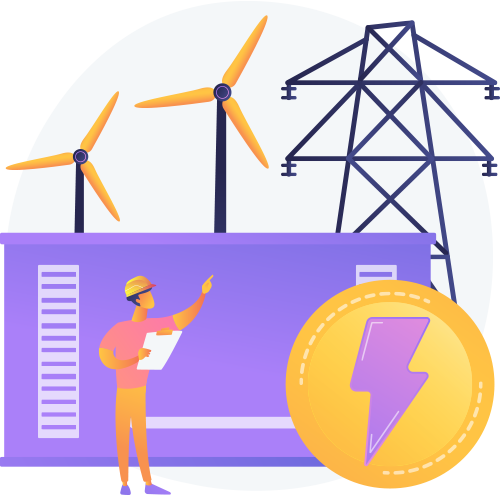
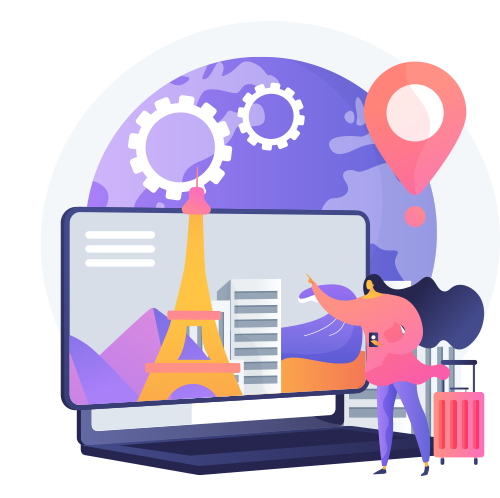
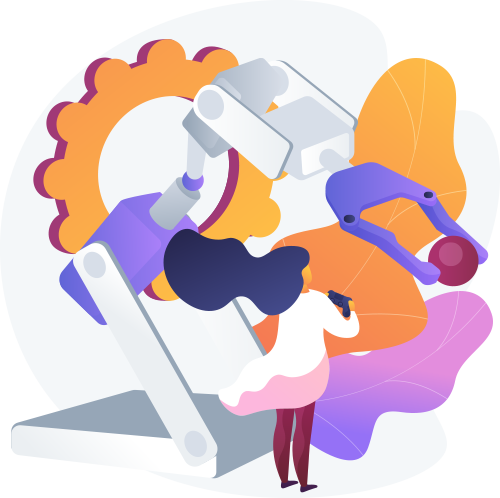
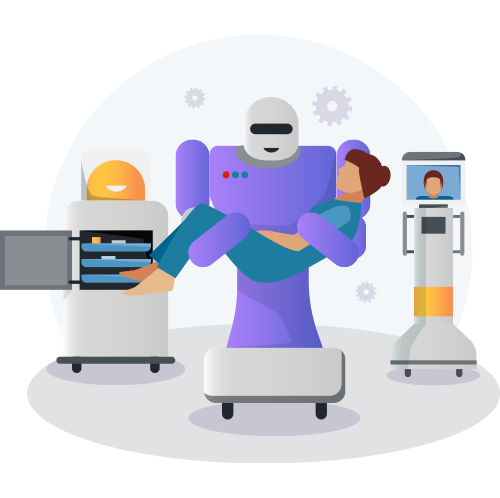
| Virtual | Physical | ||||
|---|---|---|---|---|---|
| Early bird 18 Sep | Regular 2 Oct | Early bird 18 Sep | Regular 2 Oct | ||
| IEEE | $150 | $200 | $250 | $300 | |
| Non-IEEE | $200 | $250 | $300 | $350 | |
| IEEE Egyptian | --- | --- | 2250EGP | 2500EGP | |
| Non-IEEE | --- | --- | 2750EGP | 3000EGP | |
| Non-Author Attendee | $100 | 1500EGP | ||||
| * Extra Page 25$|250EGP for each page (Max 6) | |||||
| * A partial waiver request is available via email to niles.conf@nu.edu.eg | |||||
|
(*) All bank charges have to be paid in addition to the registration fees. (*) Registration must be done no later than October 2, 2022, midnight GMT+2. (*) Each paper should be registered by at least one author. Your payment details shall include your paper ID and your name. Bank accounts Details: Currency: EGP Bank account number: 1002012210010217 Bank account Name: Nile University Bank name: Arab African International Bank Bank full address: Arkan Mall, Sheikh Zayed, 6 October City Swift code: ARAIEGCX IBAN: EG190057028001002012210010217 Currency: USD Bank account number: 1002012210010103 Bank account Name: Nile University Bank name: Arab African International Bank Bank full address: Arkan Mall, Sheikh Zayed, 6 October City Swift code: ARAIEGCX IBAN: EG190057028001002012210010103 Authors Registration: https://forms.gle/abYTzQSJKD6YJeqV8 Non Author Registration: https://forms.gle/wceJSV1wuuAR62oh7
|
|||||

Smart Dust with Asynchronous Stream Processing (ASP)
Virginia Microelectronics Consortium, University of Virginia, United States

Machine Learning for Polymer Electrolyte Membrane Fuel Cell Development
Mechanical and Aerospace Engineering, UC Irvine, USA

The importance of sensory integration in everyday situations
Newcastle University, United Kingdom

Remarkable Enhancement of thermal and electrical properties for PEEK composite through a conducting network
Faculty of Engineering, University of Nottingham, United Kingdom

5 things that you should not use blockchain for
University of Stavanger, Norway

Critical Infrastructure Protection, Supply Chain Risk Management, and Ransomware
Carnegie Mellon University, United States

Climate Change Interventions and Green Energy Analytics: A Nexus for Future Generation in Africa
Mechatronics Engineering, Federal University of Technology, Nigeria
Wael Akl, NU, EGY
Tarek Khalil, NU, EGY
Ahmed Radwan, NU, EGY
Ahmed Hassan, NU, EGY
Ahmed Madian, NU, EGY
Mohamed Elhelw, NU, EGY
Samy Ghoniemy, BUE, EGY
Yasmine Fahmy, Cairo Uni., EGY
Khaled Fouad, NU, EGY
Waleed Fakhr, AASTMT, EGY
Walid Al-Atabany, NU, EGY
Mohammed El-Beltagy, Cairo Uni., EGY
Irene Samy, NU, EGY
Seif Eldawlatly, GUC, EGY
Mohamed S. Darweesh, NU, EGY
Mohamed Wahbey, NU, EGY
Ahmed Mahmoud, NU, EGY
Hassanein Amer, AUC, EGY
Ahmed Soltan, NU, EGY
Samar Moustafa, Hertfordshire Uni., EGY
Hesham Hamed, ERU, EGY
Tamer Basha, Cairo Uni., EGY
Mohamed Elkhatib, MTC, EGY
Mahmoud Abdel-Hafiez, Uppsala, SWE
Sameh Salem, Helwan Uni., EGY
Sahar Selim, NU, EGY
Ahmed Elwakil, Sharjah Uni., UAE
Costas Psychalinos, Patras, GRC
Amr Guaily, NU, EGY
Lobna Said, NU, EGY
Hamada Mahmoud, Beni Sueif, EGY
Hossam Fahmy, ASU, EGY
Nancy Salem, Helwan Uni., EGY
Rafaat Shalaby, NU, EGY
Tawfik Ismail, NU, EGY
Rania Swief, ASU, EGY
Islam Tharwat,NU ,EGY
Tarek Mahmoud, Menofia Uni., EGY
Abdallah Kassem, Notre Dame Uni, USA
Ahmed Awad, Uni. of Tartu, EST
Alaa Khamis, GM Canada, CAN
Jayaparvathy, R., SSN College of Engineering, India
Karabi Biswas, IIT Kharagpur, IND
Manish Tiwari, Manipal Uni., IND
Mohamed Fouda, UCI, USA
Mohamed Hamed, Rostock Uni., DEU
Mohammad Alhawwary, ANSYS, USA
Nesma Aboulkhair, Nottingham, GBR
Ömer KASIM, Dumlupinar Üniversitesi, Turkey
Tomas Fryza, Brno University of Technology, Czech Republic